|
9/25/2016 Two Poems-Haibun by Angelee DeodharHadith hot afternoon the pinwheel seller spins rainbows into autumn Children of a lesser God, most abandoned at birth, are foundlings extracted from landfills from cartons, from dustbins, brought to orphanages where, if they are lucky, they get some food some succour .The females, if they survive feticide are sold by parents to work as domestic help ,an euphemism for trafficking .Males are trained to learn only from the Holy Book, ignore all modern education as being blasphemous and beg for alms in the streets .The lackeys of mallams, they become easy pickings for nomadic gun toting illiterate extremist groups. shakuhachi flute- cloud shadows reappear on the chest X-ray Notes : Almajiri means immigrant ,mallam is a teacher responsible for almajiri children who come to learn their religion from the Holy Book. Hadith "prophetic traditions", meaning the corpus of the reports of the teachings, deeds and sayings of the Prophet. Monsoon A river of stars separates them and I wonder where you are now? Are you a star or are you lost in a black hole for all eternity? It does not matter, for even when you were alive, you were too absorbed in your work, you were hardly ever around, and had no time for stories of love, like the legendary Tanabata lovers, destined to meet but once a year. cloudy sky- the magpies’ song now silent https://en.wikipedia.org/wiki/Tanabata Tanabata also known as the Star Festival, is a Japanese festival celebrates the meeting of the deities Orihime and Hikoboshi (represented by the stars Vega and Altair respectively). According to legend, the Milky Way separates these lovers, and they are allowed to meet only once a year on the seventh day of the seventh lunar month of the lunisolar calendar. 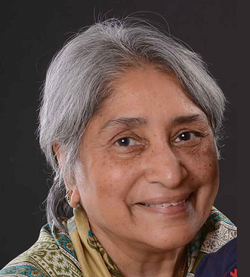 Bio: Dr. Ms Angelee Deodhar, an eye surgeon by profession as well as a haiku poet, translator, and artist lives and works in Chandigarh, India. Her haiku, haibun, short stories and haiga have been published internationally in various books and journals, and her work can be viewed online too. To promote haiku in India, she has translated six books of haiku from English to Hindi,the other official language of India. She has edited both Journeys and Journeys 2015 an Anthology of International Haibun released on Amazon has a total of 145 haibun, by 31 poets of international repute.
Jeff Finlin. Photo Credit: Aidan Finlin
'Somewhere South of Wonder' lies the music of Jeff Finlin. For well over two decades now he's been piercing hearts & souls with potent, one-of-a-kind snapshots of a life in motion, struggle and rebirth. He's a poet, yoga practitioner, a truth seeker, a survivor and an all around humble, street-world-wise spirit. I'd be hard pressed to think of a more unique and original voice in american music today. His most well known song 'Sugar Blue' was featured in Cameron Crowe's Americana laden film Elizabethtown. Now he has a new book of poems out, a book on recovery centered yoga, and is hard at work on a new studio album, as well as constantly touring and, as he describes it, sharing the small but penultimate pleasures of life like a home cooked meal after shows with his listeners and hosts in small Ireland B&B's, a sheep farmers home, 'talking about things on a really small level.' Jeff goes so far as to say that he considers those shared meals and conversations with good folks the main event. The music, to him, is sort of secondary. AHC: What has this journey, this life in music been like for you, the highs and the lows, and what life lessons do you feel you've picked up along the way? Jeff: The journey has been enlightening really--for me the work has been a success on an artistic level but the financial successes have been fleeting--so rejection and failure have been a big part of where I have cut my teeth spiritually--I'd be nothing without my failures-- and the ironic thing is that I've come to realize they carry more weight in terms of my humanity than success ever could--you walk into a room in a completely different way with failure as your mate...you carry on with what you were born to do in a completely different way--with a completely different spirit--you value your place in the cosmos in a completely different way. AHC: What first drew you to music and what was your early musical environment like growing up? Were there pivotal songs for you then that just floored you the moment you heard them? Jeff: I was just extremely sensitive to the power of sound and harmony--I was in a very large marching band at a young age and I remember just getting goose bumps when the baritones played the melody to "Taras Song" (the theme from Gone with the Wind)--little things like that--I was 11-- I heard rock and roll at a young age--there was so much good shit on the radio--the opening of ABC by the jackson 5--my camp counselors in the second grade blasting "hello I love you" by the Doors in 1968 or 9---going to band camp and line dancing to Mississippi Queen by Mountain and hearing that freaking cowbell--and of course the Beatles being everywhere--it was a powerful youth. AHC: Do you remember the first song that you ever wrote? Jeff: I remember what I considered the first decent song I ever wrote--it was called "Corner of My World " on my first record--only available on cassette--it actually had something to say and I was able to say it in a way that made sense to me. AHC: Who are some of your musical inspirations? Are there certain albums or songs you couldn't live without? Jeff: I grew up a Stones- Beatles- Dylan man really--Exile on main street--Get your ya yas out--Let it be--Dylan was great--Allman brothers--Derek and the dominoes---chuck berry--I was also influenced by writers as well probably just as much--Henry Miller-Kerouac-John Fante-- Bukowski---I just ate that stuff up. AHC: What do you think makes for a good song, as you're writing and composing, is there a sudden moment when you know you've found the right mix, that perfect angle of light, so to speak? Jeff: Well it's just a feeling really--a feeling that you have hit a certain point--an ability and a feeling that you are suddenly able to communicate something special that has been brewing in your heart in a unique way that might be all your own--The cosmos gives us the gift of ourselves--and the gift of expressing ourselves--and when those two things come together in relationship to creativity it's magical--it's a beautiful thing really--we are able to take this muse, this feeling that seems to come out of the ether and make it solid--make it physical--and affect others with it--it's really the beginning of the realization of the miracle we live in. AHC: Do you consider music to be a type of healing art, the perfect vehicle through which to translate a feeling, a state of rupture, hope lost and regained? As a listener of music I have this impression, I wonder, as the artist, the creator, do you have this feeling about the transformative power of song? Does the writing and creating of the song save you in the kinds of ways that it saves us, the listener? Jeff: Sound always saves me somehow--creation always saves me somehow--it's the place where I lose track of time--when all resistance ceases to have an effect--the universe is expressed as sound--the vibration of existence itself is AUM---I chant Aum 21 times a day, everyday, to align myself with existence itself--something happens to you when you do that--and yes it heals--I listen to a lot of Indian music as that whole form was developed to draw one deeper into ones alignment with the divinity within--the whole language of Sanskrit is this--as you become more aware you realize the sonic can affect you in profound ways--you become aware that there is no separation to you and the sonic--you become aware that "you are it" AHC: In a world that is moving faster and faster, for better or worse, I think that really good, tried and true music helps orient us to our times, slows us down and brings us back to ourselves, I think your music is a great example of this, and we always need help along the way, as your song 'I killed myself last night' so poignantly points out. When you set out to write an album of songs, how much does 'where the world is' in its current moment, culturally, politically, otherwise, influence the kinds of stories you set out to tell? Jeff: The underlying theme to all my records really has been my own spiritual journey--"I killed myself" is nothing more than my own story--it's all true really--our story is all we have really--what happened--what it was like--and what it's like now--that's about it--the world is where it is --it's a sad state of affairs really--I am a firm believer that the journey within is the only journey--the accumulation of the outside world is not going to solve our core problem--our outer world is always a reflection of our inner world--that's just physics--it's science--it's reality--and what we see in the world is humanity trying to approach it the other way around...so that's why Yoga is so important to me as a spiritual practice--because only by changing and exploring our inner world will the outer world be affected AHC: What are your favorite on-tour, on-the-road memories? Jeff: Most of my road memories are of people and food--that chunk of lamb I had in Scotland--the honey and gorgonzola in Florence---the soda bread and that little lady at the B&B in Ireland--that sheep farmer that had us into his home for a meal--the kindness and affection and interest of people--I've had the gift of being very "Small Time"--so I get to go into peoples homes and visit with them over coffee and food--talk about things on a very small real level--I'm not sure Bono gets to do that--I don't really remember the shows--as most of the time when I'm performing it's like I'm I a different dimension entirely--its the most uninteresting part really--people and food---that's what I remember. AHC: Do you have any words of advice for young musicians and singer-songwriters out there who are trying to find their voice and their way in this world? Jeff: My advice to young people is to move to the music--move somewhere where there is music everywhere--cutting my teeth in Nashville is an experience I will never regret--move somewhere where everyone is better than you--that environment will always force you to fall back on what is unique about your particular gift-- the only fall back position is what is unique to you--I would go out and hear guitar players, drummer, and songwriters who were incredible--I realized I could never measure up to that--the only thing left was to be true to myself as best as I could--that's really special. AHC: Do you have any new projects in motion you'd like to tell people about? Jeff: I have a new record called "The Guru and the Girl" in the works-a new book of poems out called "The Seduction of Radha"-available at https://www.createspace.com/6260920 I have a book on yoga coming out called "365 days of Recoveryoga"--a daily reader of reflections on recovery and yoga--there's another yoga book in the pipeline--I'd also like to do a couple more books of poetry- one on the American West --and one in India To find out more visit www.jefffinlin.com/ 9/24/2016 Two Poems by Jonathan BealeSurviving After El Anatsui Akua’s Surviving Children 1996 Made of shards Whips and guns, they attempted To be The Blind Puppeteer On cutting the brine And on another briny day Passing by, and leaving This blistered driftwood Gatherings. A crowd? A forgotten decaying key In some defunct dock. The elements, here, are universal From every Empire since Rome to the here – and - now. There is an irreconcilable flaw Afterwards – The Fredensborg Blindly tripped on its way home From St Croix to Tromøy The sea adopted more children As its own: and slowly offered Pieces of their past Back up as their rebirth. In the now: gone forever Stepping along pressure of life – pressure of speech SP---------EE-------CHA! Can you hear me: He taunts me He taunts me I can beat him the walls before me A dark dank shadowy place I can beat him, I can – (like in some fourth dimension) Crossword – constantly Changing - meaning Slippery as eels Sharp as razors Stinging vinegar mirror reflection There is no flat earth Here in now time deteriorates in my flat Walk walk walking away I read - the answer eludes me. Aloud me the game changes tap tap tread tap tap ping boom boom boom Paganini endlessly plays in my head Ever increasing tempo faster faster The devil is never far away Around the corner teasing me Taunting me I see the ashes after the fire. 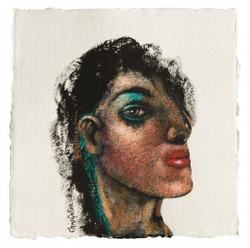 Bio: Jonathan Beale has 500 plus poems published in such journals as: Danse Macabre, Poetic Diversity, Down in the Dirt, Deadsnakes Review, The Bitchin Kitsch, Ygdrasil, The Beatnik Cowboy, The Jawline Review, Bluepepper, Jellyfish Whispers, The Outsider, Yellow Mama, In Between Hangovers, and Your One Phone Call. His work has appeared in such books as ‘Drowning’ (Scar publications) and ‘The Poet as Sociopath’ (Scar publications). He is currently working on his second volume. His first collection of poetry ‘The Destinations of Raxiera’ is published by Hammer & Anvil. www.amazon.co.uk/Destinations-Raxiera-Jonathan-Beale-ebook/dp/B018F6GWQ6/ref=sr_1_1?s=digital-text&ie=UTF8&qid=1452199641&sr=1-1&keywords=jonathan+beale He studied philosophy at Birkbeck College London and lives in Surrey England. AHC: You’ve been making music for over a decade now, what's this journey been like for you, its highs and lows, and what life lessons do you feel like you've picked up along the way? Catherine: The journey with my music is parallel in every way with my whole life journey. I suppose it’s not even parallel really, but that they are completely intertwined. I’ve grown as a person - from an extremely shy child making her first recordings to a mother who is comfortable in her own skin and knows, most days, who she is. Music has always been my confidante, who I could tell anything - perhaps much like a therapist, except a therapist who would go then and tell the world about my inner most secrets. What a weird process it’s been. I am very honest, I talk about things in song and on stage that most people wouldn’t tell their mother. I try to approach writing and performance with integrity and vulnerability - and also attempt that in my day to day life. AHC: Do ideas for new songs occur to you at any moment or is it more of a sit-down-and-make-it-happen sort of thing? Which comes first to you, the lyrics or the music? Catherine: Songs seem to come to me from the ether. I feel them coming, sometimes for days like a storm and when I finally sit down with that feeling and a guitar the song seems to flow right out of me. I used to feel that if I took a break in the middle of a song it would disappear. As I get older and more confident with the process I find I can step away and come back to it with clear eyes. I don’t have to settle for the first thing anymore. AHC: Do you have a favorite album or song of all the ones you've recorded throughout your career? Catherine: My favourite album is always my most recent, and Raven’s Sun feels like my best effort to date. We spent a long time working on the songs before hitting the studio and then set up camp in Woodstock NY with Danny Blume for the recording. It was a magical experience being there and I feel like it turned out to be my most honest record yet. It was also the first album that I made together with my partner and guitarist Chris Gauthier. I learned a lot from him in the process. His ear for arrangements is beautiful and it was fun seeing where we could take the songs. AHC: Who are some of your favorite songwriters and musical influences? Is there a particular album or song that you can't live without? Catherine: Some of my favourite songwriters are from the island which I call home - Prince Edward Island - on the east coast of Canada. One named Mitch Schurman and another Chas Guay. Really amazing songwriters who are mostly known only to us here, secret gems. I am a huge fan of Joni Mitchell and Neil Young - they are the backbone of my influences. My favourite albums change fairly often - currently couldn’t live without Hejira by Joni Mitchell - it’s been my favourite many times and keeps coming back to me. AHC: Do you remember the first song you ever wrote? Catherine: I wrote a lot of songs as a really small child, but non were recorded or written down. I do vaguely remember a song I wrote at about age 10, a terribly corny anti-smoking song. Gladly forgotten. It wasn’t until I was a bit older and dealing with the death of my father that I really dug into writing. I’d spend most of my free time hidden away in my bedroom learning guitar and writing super sad poetry and songs. AHC: What were your early musical surroundings like growing up? What were your parents listening to and did any of it have a lasting impact on you? Catherine: Growing up, I was surrounded by music. My dad was a songwriter, well known in Canadian circles, and so people were always coming by to play music with him or we’d be hanging out in a recording studio watching the process go down. My brother and sister and I all played instruments and from time to time a little family jam would happen. Despite all that, I was very shy and it took a lot of forcing myself to get up on a stage as I got older. My parents didn’t listen to a lot of music because it was always playing live in our house. But I do remember dad loving old cowboy songs and jazz standards. He was a big fan of Chuck Berry and Jimmie Rodgers and so much more. AHC: What are your fondest on-tour, on-the-road memories? Catherine: There are so many great memories, it’s hard to narrow it down. Life on the road isn’t easy, but I’m lucky enough to be able to travel often with my partner Chris, which feels like taking a bit of home with me. One of our favourite trips was a tour of Northern Italy, so beautiful! The people, the food, the wine, the coffee, the landscape - it was all incredible. We had an afternoon to kill some time so we went over to an island in Lake Iseo - Monte Isola. Perhaps the most romantic spot I’ve ever been to. A little fishing village terraced along the edge of a cone shaped mountain island coming out of the lake. It was one of those places that we thought, “I could stay here a long time…” but we had a gig elsewhere that night and had to keep driving. Beautiful, though. AHC: Do you have any words of advice for young singer-songwriters who are starting out and struggling to find their voice and their way in the world? Catherine: I feel like the only way to truly find your voice is to spend a lot of time chipping away at the stone. We are constantly creating ourselves and we are like a sculpture. An artist may see what he’s aiming at to sculpt, to shape out of the clay, but he has to keep at it, persevere, and perhaps that process is never over. Above all, believe in yourself, listen to your gut, try on different hats (which helps you sometimes see who you are not), and always be genuine. AHC: Do you have any new projects that are in the works? Catherine: I have so many new projects in the work, I’m trying to keep them all straight. I’ve been working with two other great Prince Edward Island songwriters (Meaghan Blanchard and Ashley Condon) in a trio project called the Eastern Belles. We’ve been writing and performing together and it’s been a nice “vacation” from my real life, a little side excursion that has been a lot of fun so far. I’m working on my next full length record as well as a tribute album for my father Gene. There’s a lot on my plate right now, but I’m loving the creative energy that never seems to wane and is the reason this all started for me in the first place. For more information visit www.catherinemaclellan.com/ AHC: What has this journey, this life in music been like for you, both the highs and lows, and what life lessons do you feel you've picked up along the way? Allysen- I think album artwork is something to be very selective about, it's the face of your child, so give it a good face. Make music to your own standards. I choose a certain kind of mood while telling my own story, over trying to make people dance, or drink. But everybody has their own kind of song. And be a nice person, treat everyone with kindness. AHC: What first drew you to music and what was your early musical environment like growing up? Were there pivotal songs for you then that just floored you the moment you heard them? Allysen- We had a lot of instruments in the house when I was a kid & lots of records - Beatles, Joni Mitchell, Linda Ronstadt Fairport Convention, Steeleye Span, Classical , but no Jazz or Blues. I heard The Mississippi Sheiks do "Sittin' On top of the World" on college radio when I was in my mid -30s, I'd never heard anything like it before, I just sat down in my housework clothes & listened to the whole song. I wrote a bunch of sort-of blues songs after that , I just put one called "Shoot Me" on my new record 13 years later. AHC: Do you remember the first song that you ever wrote? Allysen-It was a song in high school called Cancerous Alice haha AHC: Who are some of your musical inspirations? Allysen-Marissa Nadler gave me a sort of template, all I ever wanted was to be on a small label & tour Europe, & she was doing those things. It looked like it could be done. Cat Power was another that really inspired me to come out of just singing & playing in my bedroom, the way she could sing so that the words really meant something changed how I approached singing. The Incredible String Band opened my mind quite a bit when I was a child. AHC: What do you think makes for a good song, as you're writing and composing, is there a sudden moment when you know you've found the right mix, that perfect angle of light, so to speak? Allysen- I like the mix of intricate guitar work, in an open tuning preferably, & a good story sung well. AHC: You've been called the 'Tim Burton of folk music' but when I think of the roots of folk-telling there is inherently something mysterious about it, whether folk tales around the fire throughout the centuries or folk music itself, both are ways of piercing the veil and carrying around memory, cultural and mysterious, and I think you capture this at its core, not so much by restoring a mystery as by saying 'listen close, the mystery has always been there'. What is your personal philosophy around folk music, story telling and your own unique approach to it all? Allysen- Thank you. I think like most magical things, it's easy for it to be overlooked by the casual observer, but the quiet ones, that really listen & pay attention, will hear & see so much more. AHC: What are your favorite on-tour, on-the-road memories? Allysen- Touring Germany for the first time, I was with Stephen Burch/the Great Park. The venues there closed somewhat early, but we'd stay up late drinking & smoking, & playing guitar. One guy brought out a yo-yo & did all these tricks, we were laughing so much . I felt really alive & it was so much fun. AHC: Do you have any words of advice for young musicians and singer-songwriters out there who are trying to find their voice and their way in this world? Allysen-Find a part time day job you can live with, to pay the bills & feed you, & make your art on your own terms. AHC: Do you have any new projects in motion you'd like to tell people about? Allysen- I'm going to be putting out an EP called Prince's Pine on the British label Reverb Worship soon , & beyond that I'll be putting out another full length on vinyl in 2017. I'm playing next March at SXSW & I hope to have something new for then. For more information visit allysencallerymusic.com/ 9/22/2016 Four Poems by Sudhanshu ChopraImperfecto I'm such a fatso, she said You won't be able to wrap around me It doesn't matter, he said I will wear foam fingers then or hug you in half It can be um, a funny mime, tree hugging, glaze of barnacle on the whale or simply a brush of shoulders; Viscosity of eyes, elements around forgotten Ripples of fragrance will unravel me I'm the thread I was holding onto from open fields of stench that tear me to the marrow Now no more the muffling blimp in sea of quagmire as unclipped bun on your head rebounds, sprinkles dust and shampoo into my nose The smudges of paint from turning pages of the book I told you to read form on your nails maps of unknown nations l will visit while crawling through reams of paper at work Continents dipped in puddles of your tears for I don't want to be drenched in the rain What do you think, she asked will all of this sound amusing It will, he said when I murmur it in your ear Bloody Semantics Little ticker came to me and burst His castle of bullets had been pillaged again It was the tank, again Such a bully he is, spoke little ticker, Strutting with his fancy shells My little pellets stand no chance I spend hours collecting them from sand, orchards behind the boulders, underneath rubble even in the spooky caves Separate silver from the auburn from the charred red, and arrange layer over layer, wide ones below, narrow stand above them in an inverted v for vendetta Over days, protect them from slight of wind, sleep by at nights to keep mischievous magazines away And what fine ramparts I build around, gun powder baked in earth But he crushes them As I cradle little ticker I think how flesh, bones, molecules are such scam, tears, smiles beguiling semblance People, things, feelings are but words, words perpetual, true to surroundings, born out of them The name calling, it does not end with school, just changes like air at altitude I think of the time when my valley* was not in crosshairs Alleged theocracy and brute protectors did not bid for it with arms, and infect our vocabulary, our voice, us When sand castles were called sand castles Pebbles, not pellets, art dancing on them in rainbow colours, were foraged from diverse bounds, stacked in smooth shapes, and hedges of friendly bushes planted in fertile earth around; only for the pieces of engineering to be razed, with blows of feet, by big boys and their obedient goblins, who were not called tanks Hearts would slip on graceful women, sinful kalshnikovs, eagles not ousted by snipers young men would not recover from interviews to find interrogation fashionable, just like grill would mean some scrumptious Sunday barbecue, in place of guys in coats questioning retired fathers And little boys, not tickers, would run crying to their elder brothers, the hand grenades. *The valley of Kashmir, India, torn between military and militants. Detour When grapes fall on footsteps do they become fruit-steps? that go about little and tipsy in helicopter boots breathing pixie dust and follow crinkle of gregarious leaves, silent autumn drops, or simply the whiff of ash from a burned pile that traces contours of nests, landmarks to life that dwells in them too as they take a walk, hand in hand His first forest Her first flower Coup Status quo held me to the wall sagging and offered me the lollipop of lethargy which I'm not sure why I accepted, as slumber sniggered to see its conspiracy work out in size of cantaloupe colour of apples endurance of packaged food and from which, energy for shiny words, glittering sentences, intellectual discussions arose packed in bright couture Hope, on the other hand, was different I thought I had left her pondering with my charm But she was already beyond the line, her imagination running wild 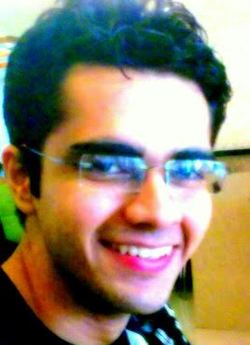 Bio: Sudhanshu Chopra hails from India. He finds inspiration to write from observations, memories, subconscious, books he reads, movies he watches, and music he listens to. Sometimes a phrase or simply a word is enough. 9/21/2016 Five Poems by Christien GholsonSalvation I was looking for a dress shirt in the Salvation Army store on Fourteenth Street when the woman with the heavy pancake makeup behind the counter turned on one of the radios for sale. A Saturday afternoon football game. I couldn’t understand a word, but it was strangely comforting. It reminded me of my grandfather sitting out on the porch most weekends when I was little, holding a little transistor radio to his ear, straining to hear. I found one shirt that fit – black, with two horizontal stripes on the breast pocket – but it looked more like a bowling shirt than a dress shirt. I immediately thought: What difference does it make? No one will care what I wear as long as I smile, look enthusiastic – but not too desperate – and say the things they want to hear. A job interview for a cashier job is nothing more than clichés tossed back and forth. “Are you in love with customer service?” “Yes I am! I’ve always been in love with customer service.” I decided against the shirt. Back at the shirt rack, trying not to think about how much I really needed that job, the football radio chatter suddenly stopped. I looked up, across the floor, at an old woman fingering a flower-patterned plate. My eyes looked into hers, her eyes looked into mine. I saw black ash swirling through falling snow. Christ, what did she see? The radio chatter started again and we both immediately looked away. A woman with four children in tow came in from the cold. The kids chased each other under macramé plant holders. An old man watched them, slow-cinching a cracked leather belt tightly around his shrunken, tiny waist. A teenage girl lifted up a discarded corporate team-building seminar t-shirt and frowned. Near the Border Suzanna’s father sits in a chair at the edge of the property, shotgun in his lap, eyes on the desert. He is protecting the border from aliens. Her mother stares out the kitchen window at the sight of the old man sitting out there in the rippling heat. “Sometimes he goes out to his chair in the middle of the night,” the old woman says, then shakes her head and laughs. “You know your father.” Up in her old bedroom Suzanna wonders what has happened to her parents. “They were normal once,” she says. “It’s Fox,” she insists. “They watch Fox News all the time.” I look out her bedroom window at the lone figure sitting out there in the heat. It could be the onset of dementia, but I think it’s something else. I want to say: “There are a lot of white men roaming the border with guns now. Seems to me they had something inside them that was already full of rage, fear, and hate, or Fox words wouldn’t have had any effect.” Something irradiated, twisted, from childhood. Oh Suzanna, oh don’t you cry for your dad… Instead, I say: “There are bodies out there…so many bodies…bodies that no one will ever find.” More Ghosts Junkies are ghosts moving down the street while I sleep. Sometimes they leave things: a syringe inside an empty plastic water bottle. Everything is rising, they say in my dream. Everything is rising; green wheels, blue wheels, red wheels; whirling pinpoints of desire, rising. When I hear them, I think: is it really only about survival – is that all? They say: My brain is red,the aperture of hunger. I devoured the moon once. I will rise up and devour it again. Right now, some of them are eating Fritos, one by one by one, in the dry wash at the end of the street. The clothes of these ghosts are scattered here and there, stuffed into plastic bags, hidden in crevices of rock – to ground them, to keep them from flying up into the sky. They say: There is no body. All is spirit, flying up. There is no body. What is shame? There’s a white cross on a hill overlooking this town. They say, I won’t do it again, and a shriveled eye sails up, up, into the sky. They say, I promise I won’t do it again, and a lone tooth rises like a tiny balloon, into the blue. Their skin becomes transparent; their stomach dissolves; their heart yearns to be pure spirit, a holy spirit. Please don’t make me do it again. Bernardo Bernardo needs to hold on to someone to get from one section of the bookstore to another. He counts the steps out loud. Bernardo’s hands are widows holding blue balloons. He does not cut his nails. Bernardo talks with the barista about LA. The barista is from LA. Bernardo spent some time in LA back in the 70’s. Bernardo’s hair is the rain that never makes it to earth; spirit that cannot find a body to hide in. Bernardo must be walked to the restroom. He counts the steps out loud. He holds onto my shoulder. Bernardo’s heart is a carnival. The giant tosses the flying girl into the air; at the apex, she sprouts wings, flies through an opening in the tent roof, and disappears forever. Bernardo doesn’t wipe properly – maybe he doesn’t know how – so he always smells like shit. Bernardo’s face is a shrine made of lake stones, all collected by a five-year-old girl. When Bernardo started pestering teenage girls in the café, the manager had had enough, called Bernardo’s brother, said Bernardo couldn’t come to the store anymore. The brother explained he worked, couldn’t leave Bernardo alone at home, had nowhere else to dump him. They worked out a compromise: three days a week. There are moments when I see what Bernardo looked like as a boy. Bernardo’s eyes are toy sailboats, waiting for the wind in the middle of a dirt road. The wind picks up, the sails billow… The Great Migration I play Yahtzee under the overpass with Frank. Frank has two metal folding chairs, a card table, four or five board games, and – if it’s a good day – some cigarettes. Sometimes he gives me a few. The price: I’m supposed to keep my mouth shut and listen. Frank never stops talking, has an explanation for everything that happens in the world. One time he pointed at an old woman who appeared in our space with a shopping cart and said: “She’s from NIMH. I can tell. You can see it in the way she walks. They took her mind. I’ve been there; a huge fucking building in Bethesda, Maryland, surrounded by guards and razor wire.” The old bat began taking plastic bags out of her cart, placing them in a circle around her, like she was trying to ward off something evil. (Circles can do that. I know my Aleister Crowley.) That’s when Frank got up, went over to her, and tried to get her to put the bags back in her cart. He actually tried to reason with her. “It’s not sanitary,” he kept telling her, over and over. She moaned like a child, hands over her ears, until he left her alone. What did he expect? Another time he told me that the medical profession used anti-depressants to hide the side-effects of their illegal experiments. “What experiments?” I said, egging him on. “You go in for a colonoscopy and they rearrange things inside your body,” he said. “Why?” I said. “To see the effects on your brain,” he said. Then added: “Nowadays, everything is a test…for The Great Migration. You have to be on your guard every second.” He waved his hand in the air, impatient for me to get it: “Look at the faces behind the windshields of any passing car. Really look at them. All you’ll ever see is a disturbed absence. The look of someone who feels like something has happened to them but they don’t know what.” I admit that one got to me. I went home that day, studied my mother’s face while she was watching TV, saw something I hadn’t seen before. Was it the absence Frank was talking about? I stood between her and the television, told her that something or someone might have fucked with her, re-arranged something inside her. “What are you talking about?” she said. I said: “Something happened to you but you don’t remember.” I kept saying it over and over, hoping the repetition would jolt her memory. It had nothing to do with keeping her from Frank’s Great Migration, whatever nonsense that is. I just wanted to sue the bastards who did this to her, make us a little money. She kicked me out of the house again. 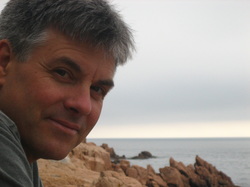 Bio: Christien Gholson is the author of two books of poetry, All the Beautiful Dead (Bitter Oleander Press, 2016), and On the Side of the Crow (Hanging Loose Press, 2006); and a novel, A Fish Trapped Inside the Wind (Parthian, 2011). He was once a fish falling through a clear blue sky. He is now a plastic bag skipping across the desert floor. He lives in New Mexico. He can be found online at noise & silence. AHC: You've been making music, writing songs and playing in bands for a while now. What has this journey been like for you, it's highs and lows, and what life lessons do you feel you've picked up along the way? Shari: Indeed - “for awhile now” is actually 43 years, so I’d say everything I’ve learned about life, humans, communication, compassion, the meaning of work and creativity - all of it - has been through music. It’s been the greatest “job” I could ever imagine having and every day of my life I am exceedingly grateful for it. I have learned what’s important and the definition of success - at least for me. I’ve learned that being an artist and performer is a huge gift that we need to protect and honour. That it’s not about “me”, it’s about the music. And though having it reach many people is what we strive for, that true “success” is about being fulfilled, engaged, ever evolving and learning, the threads of connection woven between us, and with nature. And hopefully leaving the world a little better for having been here. The lows - being an independent artist means having to unfailingly create ones life - every single day. So there are times it feels relentless and pointless in the big scheme of things, and there are times it’s exhausting. But the highs - they are plentiful - virtually every performance is tremendously rewarding. The interaction with the audience where I am so struck by the power of music to heal and transform. And the gratitude I feel for the opportunity to be able to play a part in that. So really, the highs and lows are running concurrently like lapping waves on the shore. I’ve certainly had times early on in my career where I had the support of the “industry” that were a great ride, and had times when I felt like I really needed to take a serious look at whether I should find a way to augment my income, but tenacity and perseverance are a huge part of having a career in music. And I feel in the last 15 years I’m experiencing the fruits of that. In recent memory, the biggest high point was winning the CFMA for songwriter of the year for the album that my daughter Julia Graff engineered and produced. She was there in Ottawa with me and my pride was over the moon. Getting to work with her, as a musician, engineer, videographer and photographer was an amazing development. And of course I am in awe of the person she’s grown to be. I am so so lucky! As we speak, we are in Nashville together to showcase at the Americana Music Conference. Lucky me. AHC: Could talk some about the bands you played in the 70's, the Pied Pumkin String Ensemble and the Hometown Band, and what it was like playing and performing music during that iconic decade? Shari: The Pied Pumkin was an incomparable experience for me and in many ways, was pivotal in informing my values of live performance. I wasn’t a writer back then, and was kind of the straight man on stage. My personality wasn’t really formed yet, and Rick Scott, who was the most dynamic figure in the band, and the main writer - had a BIG one. Rick and Joe's music was so original, and very joyful and spirited and made people feel SO good! Rick played dulcimer (unlike how anyone else in the world plays the instrument) which meant he was pretty much the drummer, and Joe’s guitar playing is very bass focused so I had all the room in the world to fill in the space in between on fiddle or mandolin. So I learned early on the importance of being in the moment with the music - to improvise and let go, all while serving the song. And our arrangements were incredibly intricate and complex. The infectiousness of that music - how exciting it was for both us and the audience was formidable. There really has been nothing else like the music of the Pied Pumkin before or since. CBC producer and musician Claire Lawrence was recording the Pumkin in Prince George for the Great Canadian Gold Rush radio show and he came up to me after to ask if I could come into the studio and play violin and sing on an album he was recording for Valdy. Of course I said yes! That group of musicians ended up touring with Valdy across Canada as his back up band called The Hometown Band. That first tour the band played 2 songs a night on its own and one was Joe Mock’s “Flying” - and the response was incredibly intoxicating. Claire had it in the back of his mind that the band could become a new vehicle for him as a player, and it was SO exciting to perform in those huge concerts halls - it was irresistibly seductive. Looking back, I never would have agreed to continue with the Hometown band to the exclusion of the Pumkin who I loved so much, but the manager demanded that. Ironically, we got our record deal on the strength of the song “Flying”. That decision to abandon the Pumkin for the HTB was the the most torturous of my life. The Hometown Band was different in so many ways from the Pumkin - much more rock, pop and jazz. And it was the days of record label tour support so we were traveling very comfortably and playing 2 shows a night in every major city in 3000 seat theaters. Valdy’s repertoire was wonderful to play and the HTB music was very challenging music with big arrangements. That was definitely a fantastic chapter. For both those bands there was a pervasive spirit of experimentation and adventurousness, highly unique arrangements and compositions, and both cutting edge and reflective of a bolder time in music and the music business. AHC: Could you talk some about the important role artistic expression plays in the healing process - for both the artist and the audience, as you see it and as it has unfolded for you in your own life and with your own audience? Shari: I think art at its best is one of our most powerful tools for healing. As the artist it allows us to process our experiences for ourselves as well as translate them into something that can allow others to access their own emotions and responses. I am ever in awe of its power to do that - to help people FEEL. I have long believed that music in particular gets into our hearts and souls more deeply than anything - and it can crack us wide open to feel the gamut of emotions from elation to sorrow. It’s amazing to me how it works on us. And I’m a believer in sharing our stories - that secrets do not serve us well as individuals or as a society. So I have indeed shared my own life through song - including experiences that may been deemed “too personal” in the past or by others. And yet, that is in fact my greatest reward - the gratitude from an audience that I have shared my story that resonates so with their own. And of course, in the process of finding that song, I always feel like I don’t own the credit for finding it. When it comes it is deliriously magical. AHC: What first drew you to music and what was your early musical environment like growing up? Were there pivotal songs for you then that just floored you the moment you heard them? Shari: I grew up in a pretty musical family - my mother played piano (having gone through the royal conservatory system) and my father played recorders. He had them in all keys and he would play songs that I could sing with him. I know he’s the one who recognized that I had a good ear at a very young age. Ironically, it was my siblings who got the piano lessons. I would listen to my sister’s lesson and go to the book when it was over and figure out how what I heard was in the written notes. That’s pretty much how I learned to read music. When I was 9 years old we were offered music in school and my girlfriends and I all picked strings. So that’s how and when I started to learn the violin. As for pivotal songs - there have been SO many! Probably the most memorable, (after most of the Beatles songs) was hearing Joni Mitchell’s Ladies of the Canyon album for the first time. I remember where I was and everything about that day. I had never heard anything like it and I was totally smitten. AHC: What are your favorite on-tour, on-the-road memories? Shari: Touring the US in a tour bus with Valdy & the Hometown Band was one of my most powerful memories. I’d never seen North America like that. Waking up on the bus at dawn driving through the middle of the desert - dotted with the classic Saguaro cactuses I’d only seen in movies. It was a fantastic era. AHC: Do you remember the first song that you ever wrote? Shari: I certainly do! It was for the 2nd Hometown Band album. I’d been wanting to write songs for ages. I realized that, as a singer, lyrics were very important to me - and very personal - and I wasn’t really feeling very satisfied singing other people’s words. But I just couldn’t seem to get a song written. We handed the 2nd album to A&M records and their classic response was - “we don’t hear any hits”. So that was my cue - I was determined to come up with something that would do the job. So I wrote “Feel Good” on my dulcimer. It’s a simple tune but it worked - it was one of our more successful singles. So I figured - okay - I really do have good instincts for this and I should carry on. AHC: Who are some of your musical inspirations? Shari: The aforementioned Joni of course. She was the first real confessional female writer, and far more adventurous than we’d heard before. And utterly unique with that angelic voice. I think like most people, the biggest influence was all the music I grew up with - Beatles, Jackson Brown, Carla Bonoff, Jesse Winchester, Neil Young, the music of West Side Story, Cat Stephens, CSNY….the list goes one. I mean, it was SUCH a potent era of music. But more recently I’m inspired by truly exceptional songwriting. Jonathan Byrd, Jason Isobel, Karen Savõca, Helen Austin, Ron Hynes, Nickel Creek. Again, there are so many. But I think I’m drawn to people who are not only great writers, but have humble, generous spirits and appreciate the gift - and go deep! AHC: Do you have any words of advice for young musicians and singer-songwriters out there who are trying to find their voice and their way in this world? Shari: Number one - don’t compare yourself to anyone else. There’s lots to be learned by watching and listening to others but the ONE edge you have is that you are you - and you are unique with your own voice, your own view, your own story and your own way of telling your story. I found that realization very liberating. I never really have advice for “how to make it”. Just to stress how important it is that you do it for the right reasons. If you’re doing it because you want to be famous, it will be a rocky road to a disappointing end. The fame is not the goal, it’s creating art and communicating to others. The trick to “performing” is to take you, who you are, on stage with you and no matter what happens, as long as the audience is never made to feel uncomfortable. They want to love you. Open your eyes when you sing. Otherwise the audience is just being a voyeur watching you have an experience singing your songs, as apposed to being included and part of the exchange. Do it cuz you love it. AHC: Do you have any new projects in motion you'd like to tell people about? Shari: This was a great year with putting out a new album with Barney Bentall & Tom Taylor (BTU) that was engineered and co-produced by my daughter Julia Graff and her partner James Perrella. And then a new album with the High Bar Gang - the bluegrass band I’m in with Barney Bentall and 5 other fine folks. In October I’ll be diving into writing a new album - it’s time. I have a few major projects on my “someday” list that I should probably keep to myself in case I never get to them, but I’m more motivated than ever to not waste any time! For more information visit www.shariulrich.com/ 9/20/2016 Two Poems by Carol JewellWhen I. When every remark was met with uncaring silence or flailed profanity When every gesture encountered encumbered indifference When almosts became anathema that’s when she stopped talking altogether II The body grew up the child remains; the coral died the coral-gift remains Some calycles are one of thousands of polyps which connect: one reef The calycle inside the little girl inside strengthened when truths were revealed painful or surprising growth into what’s next snow in spring Mock orange trees, I think that’s what they are, Are mocking me, with their white blossoms Blossoming all over Albany sidewalks Making branches laden with snow: Snow-white blossoms. The snow we didn’t get this winter Is a nice surprise this spring, Not that it doesn’t happen every year. But under this new mantle of white Are verdant leaves, not barren branches. 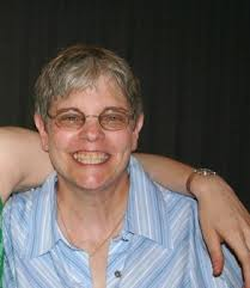 Bio: Carol is a poet, teacher, musician, librarian, wife, mother, and grandmother living in Upstate New York. She is insatiably curious, which is why she reads everything: newspapers, novels, poems, poems, poems, the backs of cereal boxes, painting instructions from “Home Depot,” and, of course, Facebook. She expects to receive her MFA in Creative Writing from The College of Saint Rose in December 2016. |
AuthorWrite something about yourself. No need to be fancy, just an overview. Archives
April 2024
Categories |
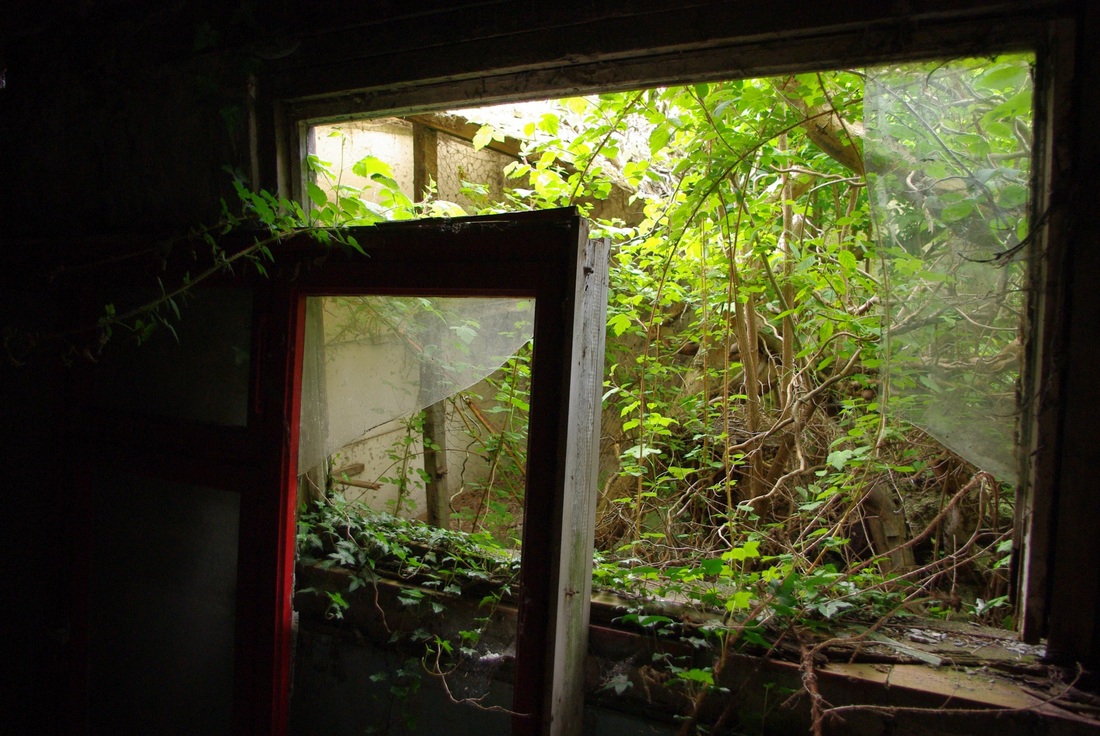
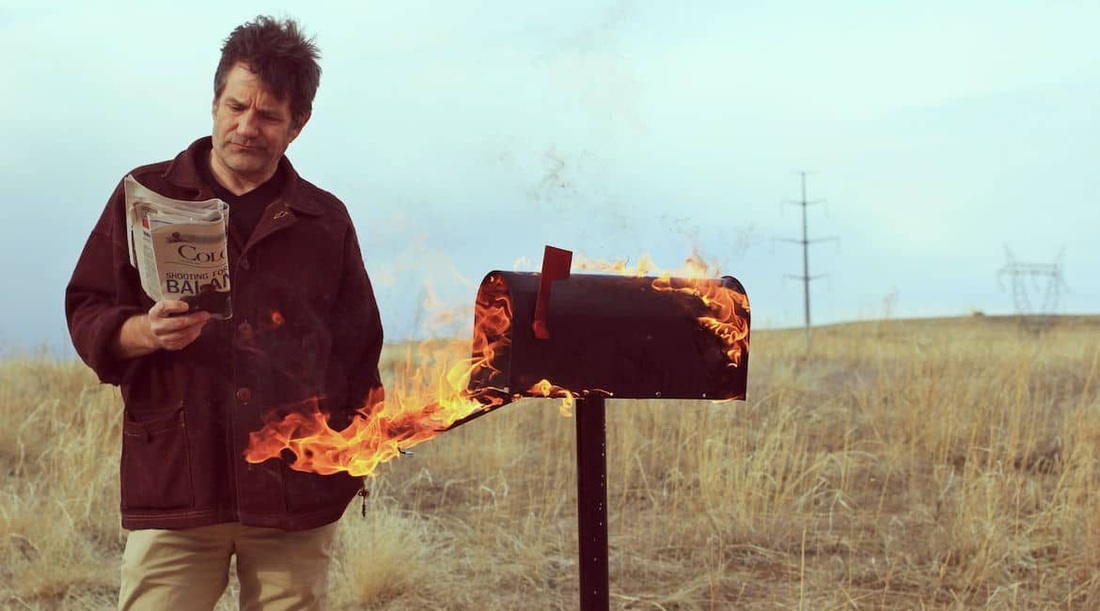
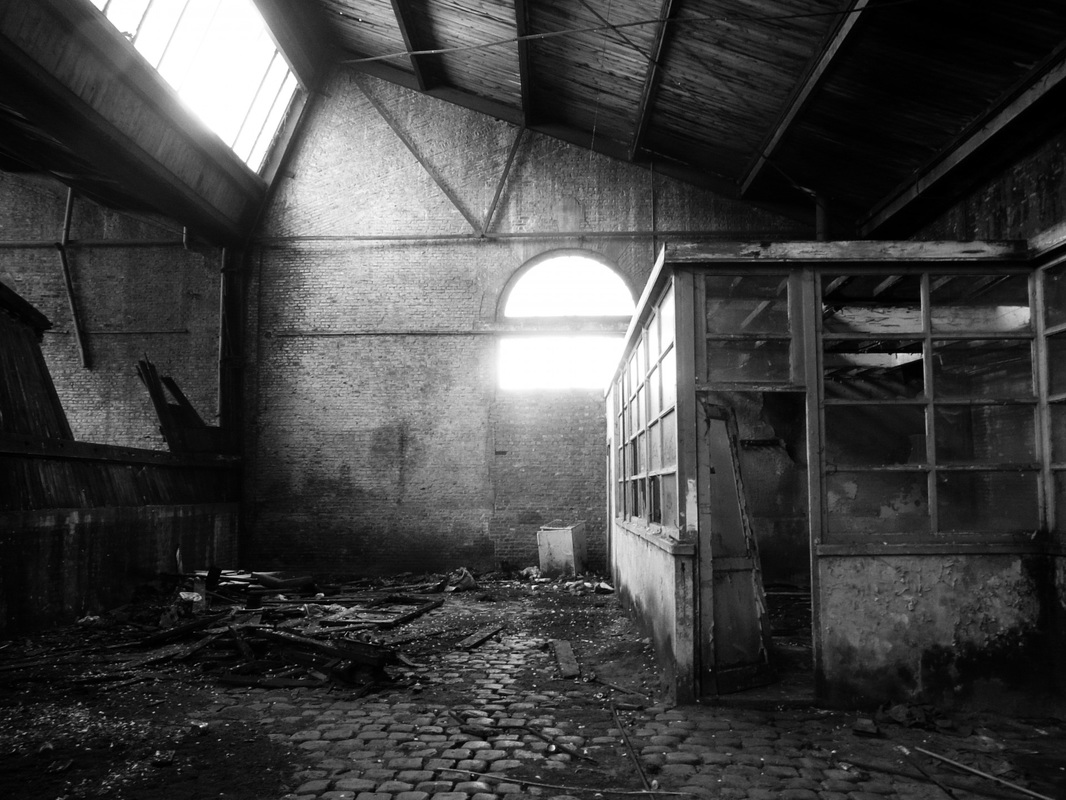
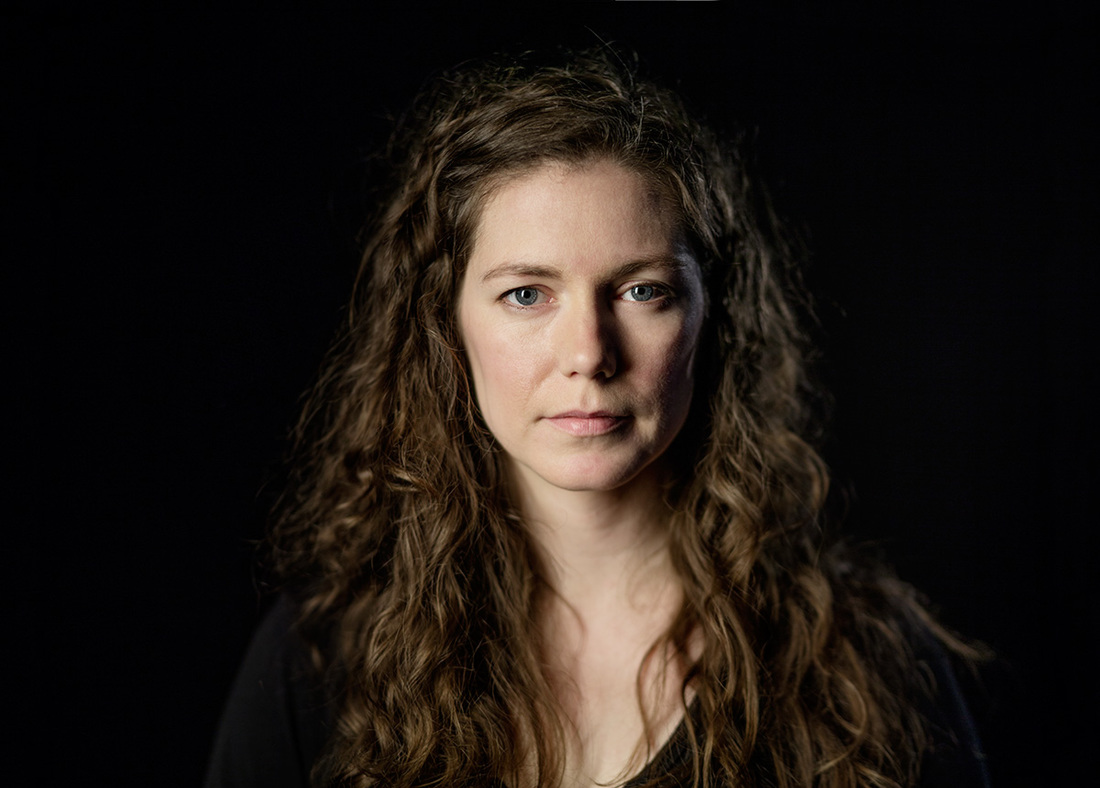
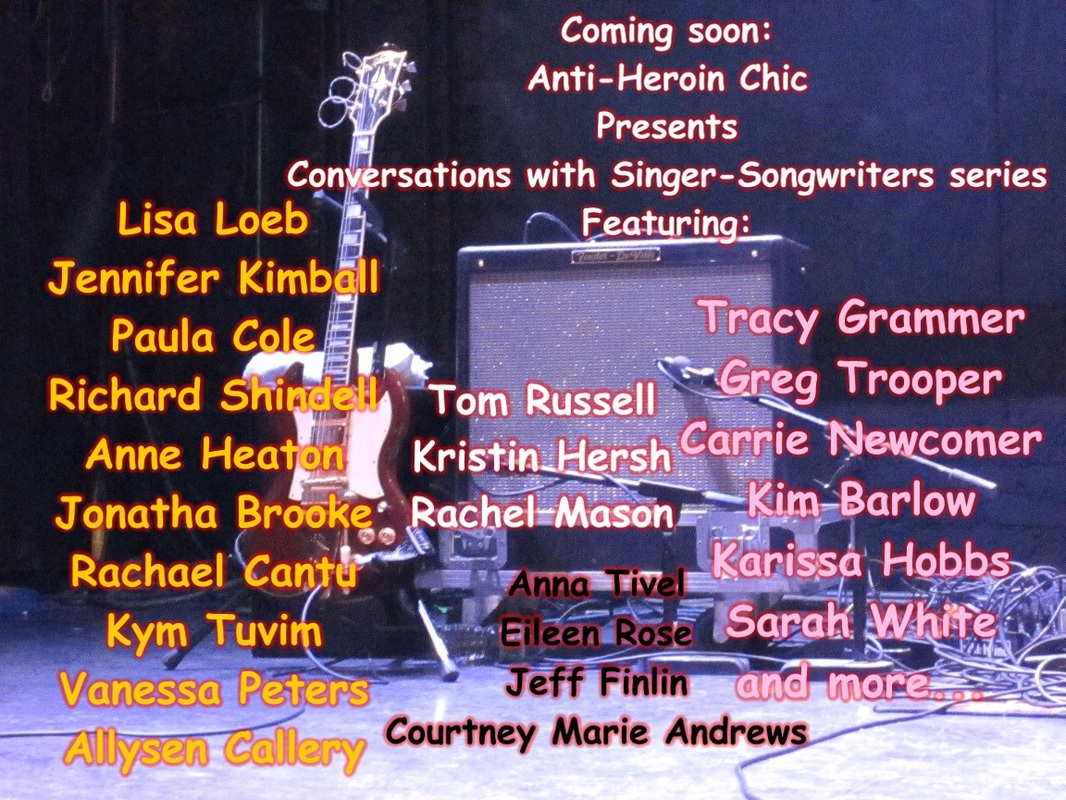
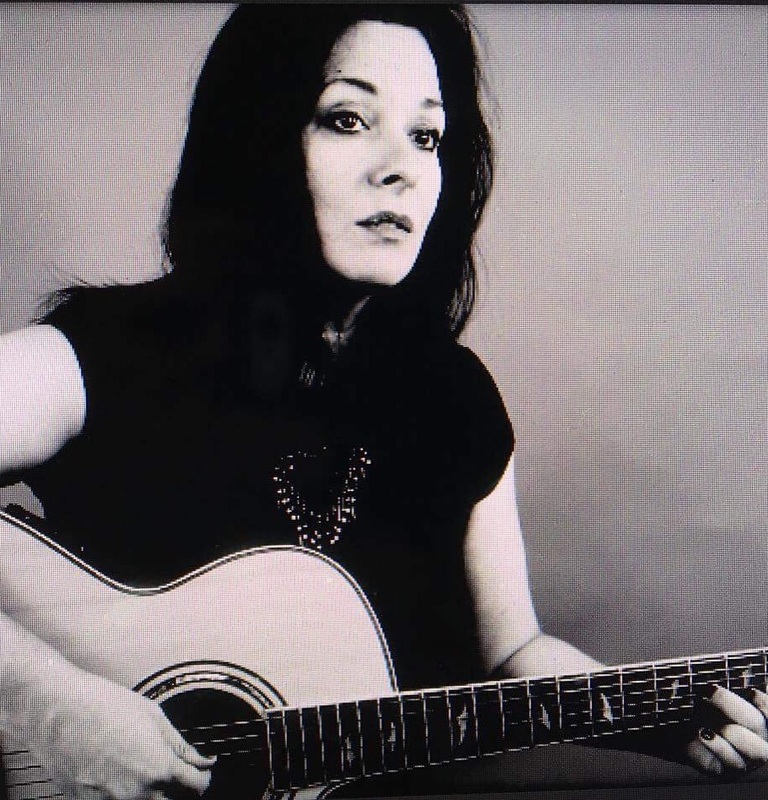
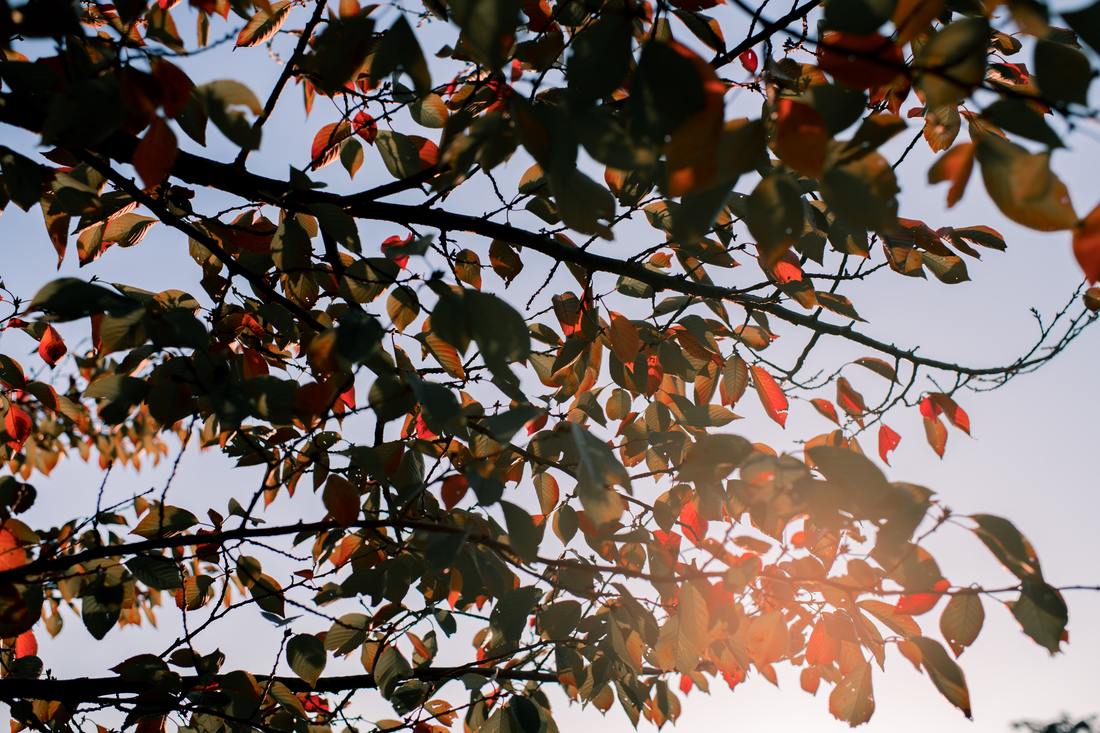
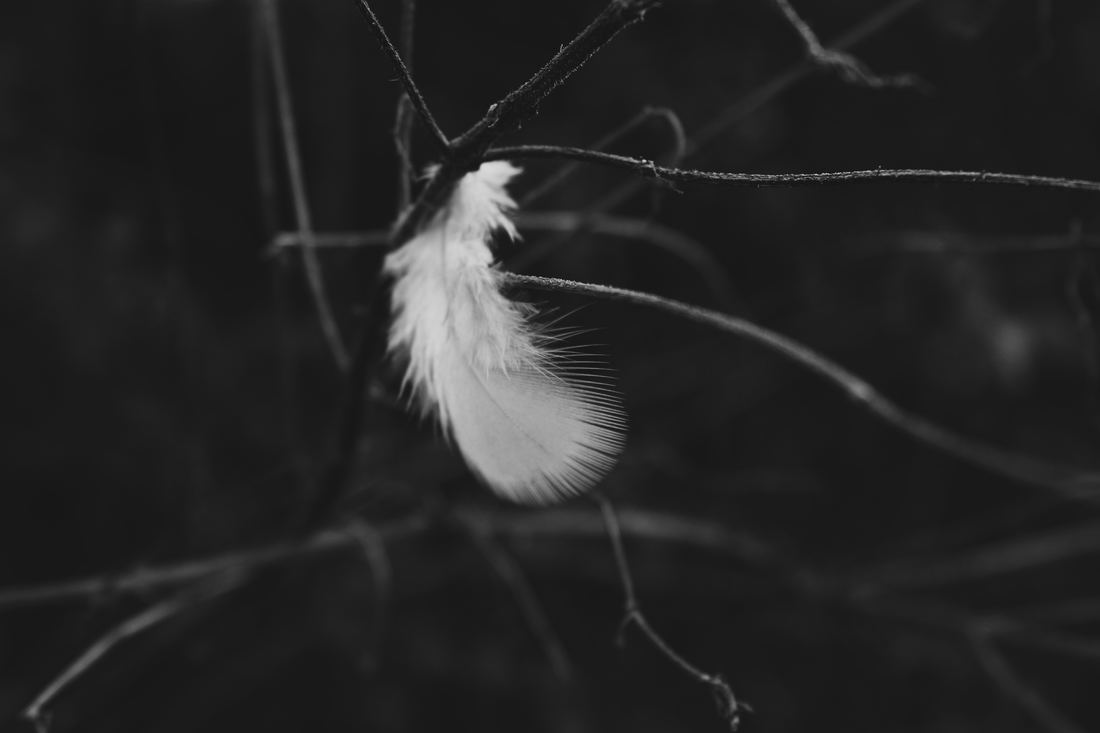
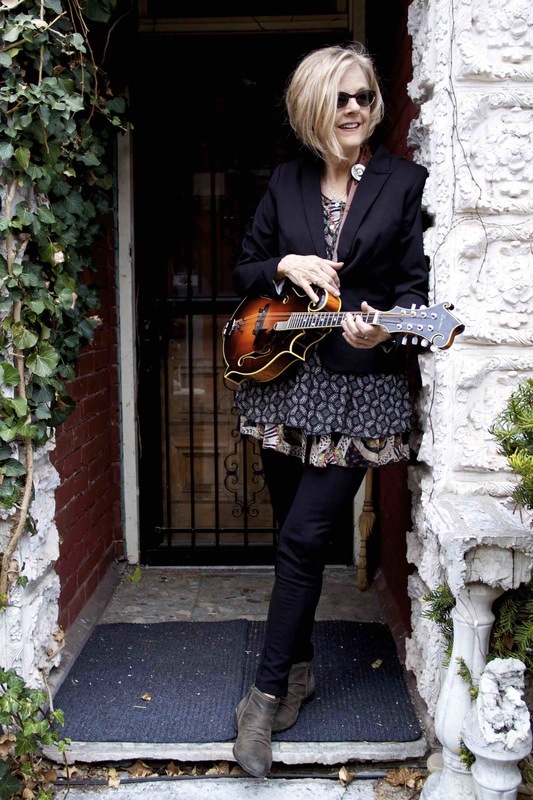
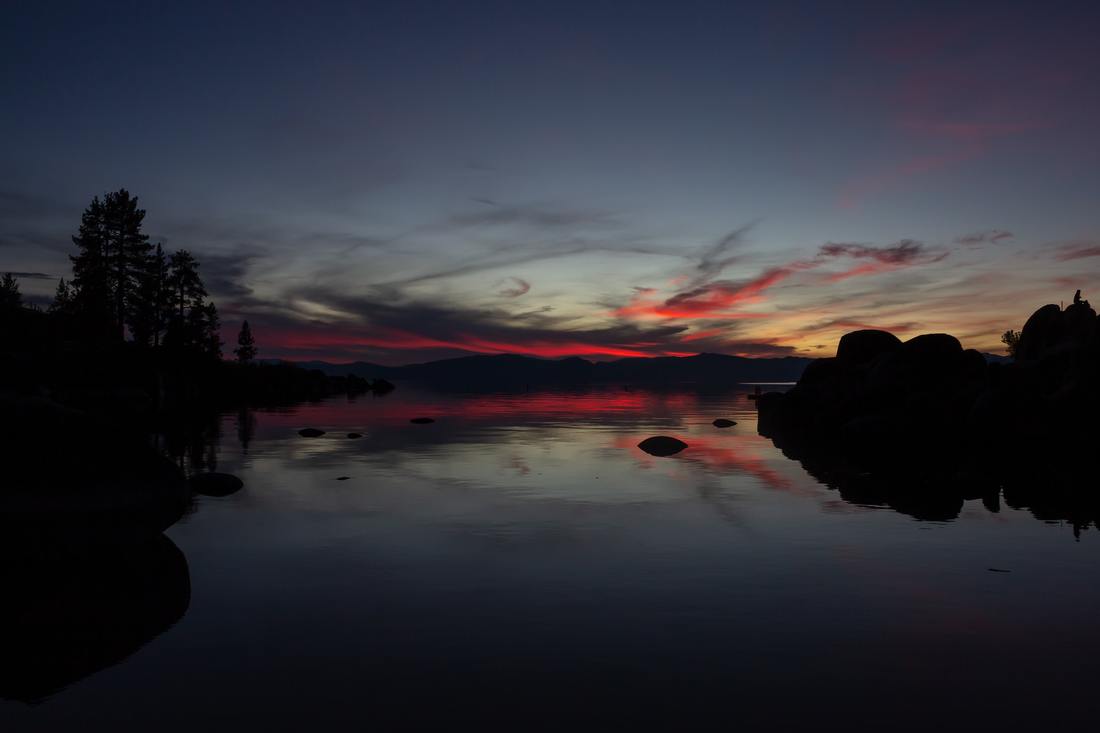
 RSS Feed
RSS Feed
